Industrial Drum Heater
Price 1000 INR/ Unit
Industrial Drum Heater Specification
- Application Areas
- Industry Use, Drum Heating, Chemical & Oil Processing
- Frequency
- 50 Hz
- Temperature
- 0C to 300C Adjustable
- Mounting Type
- Clamp/Strap-On
- Usage
- Heating of Viscous Liquids, Grease, Oil, and Chemicals
- Terminal Type
- Screw Terminal
- Heating Element
- Nichrome Wire
- Diameter
- 480 mm (Standard 200L Drum)
- Features
- Flexible, Moisture Resistant, Quick Heating, Portable
- Phase
- Single Phase
- Voltage
- 220 V
- Material Specified
- Silicon Rubber, Metal
- Insulation Material
- Fiberglass
- Shape
- Cylindrical Band
- Power
- 1000 W
- Ingress Protection
- IP44
- Weight
- 2.5 kg (approx.)
- Control
- Inbuilt Adjustable Thermostat
- Cord Length
- 1.5 m
- Color
- Orange
- Operating Environment
- Indoor/Outdoor Use
- Surface Type
- Smooth, Non-stick Surface
- Minimum Drum Capacity
- 50 liters
Industrial Drum Heater Trade Information
- Minimum Order Quantity
- 1 Unit
- Supply Ability
- 10 Units Per Day
- Delivery Time
- 1 Days
About Industrial Drum Heater
Features:
- Fastening via hooks and tension springs
- Contains double insulated heat conductors
- Made of silicone-coated glass fiber mat
|
Frequency |
50 Hz |
|
Voltage |
220-415 V |
|
Size |
Suitable for Std 200 Ltr Drum |
|
Heater Material |
SS & MS |
|
Power |
6kW |
|
Capacity |
200 ltr Drum |
|
Temperature |
30-100 Degree C |
|
Product Type |
Drum Heater |
|
I Deal In |
New Only |
|
Phase |
1 / 3 Phase |
|
Color |
Red |
|
Brand |
Integro |
|
Litre |
200 |
|
Country of Origin |
Made in India |
FAQs:
Q: What is a drum heater?
A: A drum heater is a specialized heating device designed to warm up the contents of drums or barrels. It is specifically used to heat viscous materials, such as oils, chemicals, food products, and other substances stored in drums, to facilitate their handling, processing, or dispensing.
Q: How does a drum heater work?
A: Drum heaters typically consist of an insulated jacket or blanket that wraps around the drum, along with integrated heating elements. These heating elements generate heat, which is transferred to the drums contents through direct contact. The drum heater provides controlled heating to raise and maintain the temperature of the stored material.
Q: What are the benefits of using a drum heater?
A: Using a drum heater offers several advantages. It helps to maintain the desired temperature of the contents, preventing freezing or solidification. This is particularly important for substances that need to remain in a liquid or flowable state. Drum heaters also promote efficient and consistent heat distribution throughout the drum, ensuring uniformity in the materials temperature.
Q: What are the applications of drum heaters?
A: Drum heaters find applications in various industries and sectors. They are commonly used in manufacturing, chemical processing, pharmaceuticals, food and beverage, and other industries that deal with storing or processing materials in drums. Drum heaters are particularly useful for heating substances before dispensing, mixing, or further processing.
Q: Are drum heaters safe to use?
A: Drum heaters are generally safe to use when used according to the manufacturers instructions and guidelines. They are designed with safety features such as temperature controls, thermal sensors, and insulation to prevent overheating and ensure safe operation. It is important to follow proper safety precautions, such as monitoring the temperature and avoiding overheating or exceeding the recommended temperature limits.
Reliable Heating Performance
With advanced Nichrome wire heating elements and a powerful 1000 W output, this drum heater delivers rapid, consistent heat. The inbuilt thermostat enables precise temperature control, supporting a wide range of industrial uses. Its sturdy cylindrical band shape and flexible strap-on mounting ensure secure, even heat distribution for drums of up to 200 liters.
Designed for Safety and Efficiency
The IP44 ingress protection rating safeguards against moisture and dust, while the smooth, non-stick surface reduces residue buildup. The heater is composed of silicon rubber, metal, and fiberglass insulation, offering enhanced durability and prolonged service life. Its portability and lightweight build (2.5 kg approx.) make it convenient for various operating environments.
FAQs of Industrial Drum Heater:
Q: How is the Industrial Drum Heater installed on a drum?
A: The drum heater features a flexible cylindrical band design and uses clamp or strap-on mounting, allowing easy installation around standard 200-liter drums or those with a minimum 50-liter capacity. Simply wrap the heater around the drum and secure it with the provided clamps or straps.Q: What temperature range does the inbuilt adjustable thermostat support?
A: This heater offers an adjustable temperature range from 0C up to 300C, making it suitable for heating various liquids, oils, greases, and chemicals according to industrial requirements.Q: When should this drum heater be used?
A: The heater is ideal whenever you need rapid, controlled heating of viscous liquids, chemicals, or oils in drums, especially in chemical or oil processing industries, both indoors and outdoors.Q: Where can the Industrial Drum Heater be used safely?
A: Thanks to its IP44 ingress protection rating, the heater is suitable for both indoor and outdoor environments where protection against moisture and dust is essential.Q: What materials are used in the construction of this drum heater?
A: It is constructed using high-grade silicon rubber and metal for the band, with fiberglass insulation, ensuring both durability and optimal heating performance.Q: How does the heater benefit industrial drum heating processes?
A: Its quick heating capability, adjustable thermostat, moisture resistance, and portable design enhance safety, efficiency, and operational flexibility, supporting industries that handle chemicals, oils, or viscous liquids.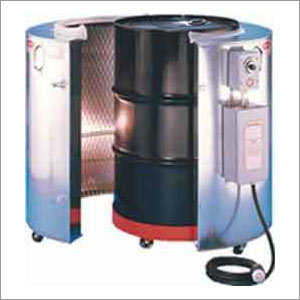

Price:
- 50
- 100
- 200
- 250
- 500
- 1000+
More Products in Heating Equipments Category
Circulation Heater )
Price 350000.0 INR / Unit
Minimum Order Quantity : 1 Nos
Usage : Industrial Fluid Heating
Shape : Cylindrical
Underfloor Heating System
Minimum Order Quantity : 100 Square Foots
Usage : Underfloor Heating
Shape : Flexible Roll or Panel
Product Type : Underfloor Heating System
Circulation Heater
Price 30000.00 INR / Unit
Minimum Order Quantity : 1 Piece
Usage : Industrial
Shape : Square
Product Type : Circulation Heater
Warranty : 1 Year
Hot Room For Product Heating
Price 150000.00 INR / Unit
Minimum Order Quantity : 1 Piece
Usage : Hot room
Shape : Round
Product Type : Hot air generator
Warranty : 1 Year

 English
English Spanish
Spanish French
French German
German Italian
Italian Chinese (Simplified)
Chinese (Simplified) Japanese
Japanese Korean
Korean Arabic
Arabic Portuguese
Portuguese Send Inquiry
Send Inquiry
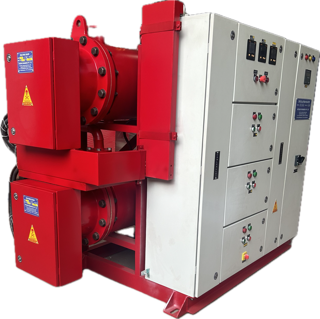
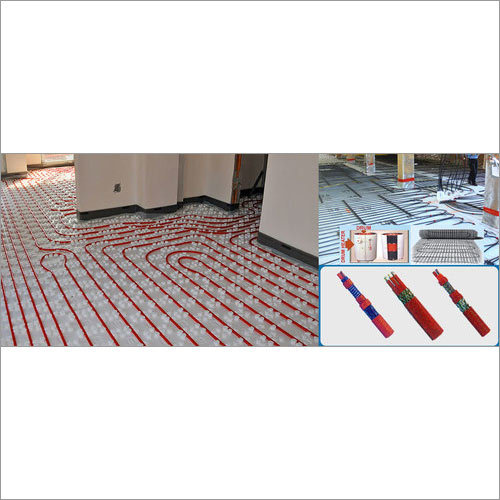
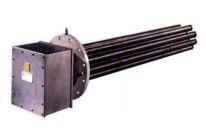
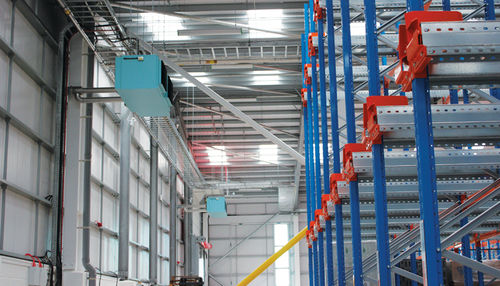
 Send Inquiry
Send Inquiry Send SMS
Send SMS
